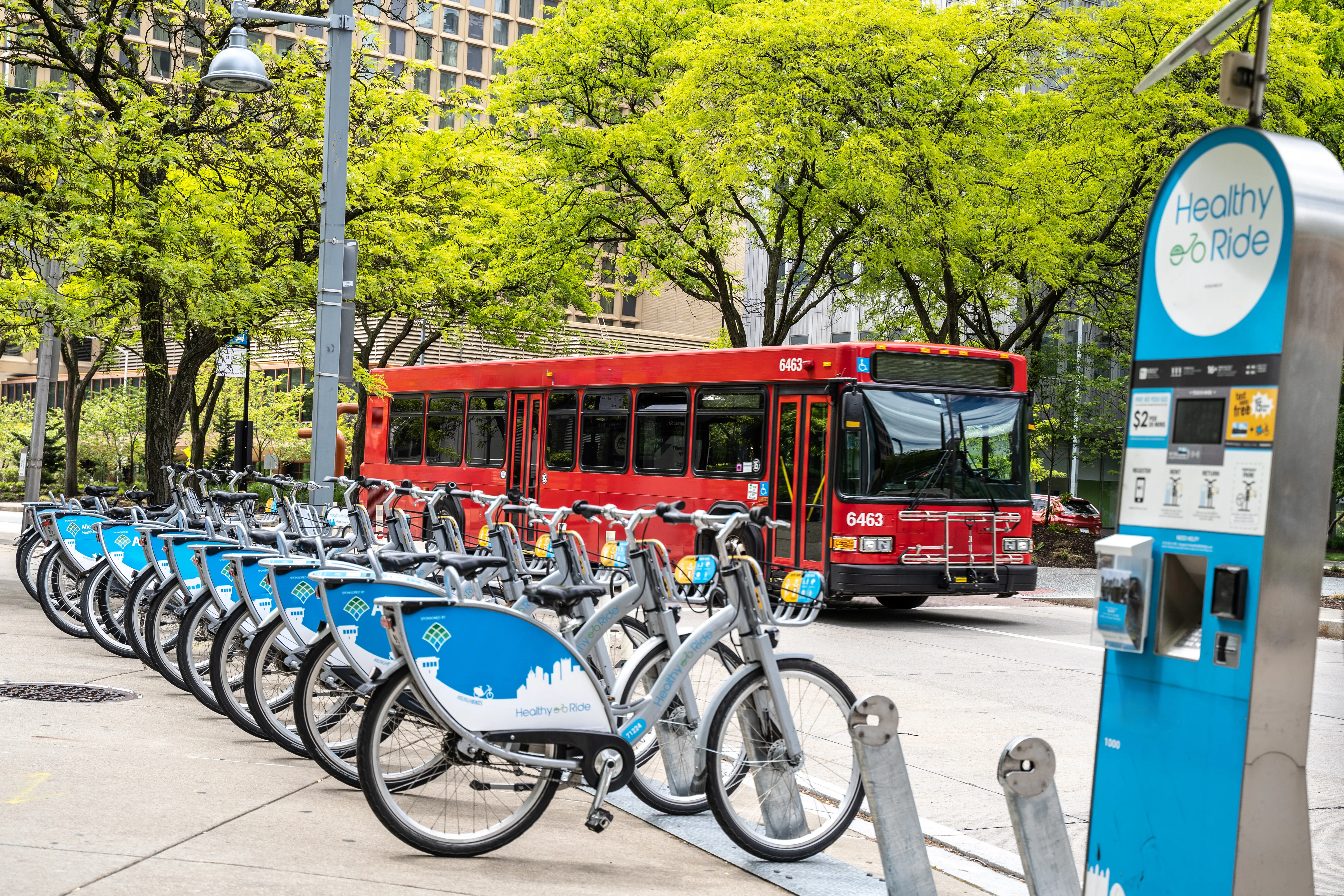
Daily Audio Newscast - March 31, 2025
© AlexLMX - iStock-823000260
Six minutes of news from around the nation.
Wisconsin AG seeks to stop Elon Musk's $1M payments at rally giveaway; Rural advocates urge CA lawmakers to safeguard banking protections; Federal, state job cuts threaten FL workers' rights, services; Alabama counties lack high-speed internet and health access.
Transcript
The Public News Service Daily Newscast, March the 31st, 2025.
I'm Mike Clifford.
Wisconsin's Attorney General Sunday asked the liberal-controlled state Supreme Court to stop billionaire Elon Musk from handing over $1 million checks to two voters, a request that came hours before Musk planned the giveaway at an evening rally.
That from CBS News.
They report two lower courts already rejected the legal challenge by Democrat Josh Kohl, who argues that the Musk offer violates a state law prohibiting giving anything of value in exchange for a vote.
Kohl argued in his filing Wisconsin law prohibits offering anything of value to induce anyone to vote, yet Elon Musk just did that.
And the Trump administration has targeted the Consumer Financial Protection Bureau, so advocates for people in rural communities are pressing California lawmakers to step in.
Donald Trump's new CFPB director has moved to close the agency, claiming it had been weaponized against certain industries and individuals.
And the Republican-controlled House Financial Services Committee just voted to roll back a CFPB rule on high bank overdraft fees.
Christine Chen Zinner is senior consumer policy counsel with the nonprofit Americans for Financial Reform.
This is a rule that would bring overdraft fees from $35 down to $5.
That would now save families $5 billion a year, or $225 per household per year that pays these overdraft fees.
Rural communities are often considered banking deserts, with limited options for people to do their banking, making them more vulnerable to unfair business practices that had been regulated by the CFPB.
I'm Suzanne Potter.
Meantime Florida's public employees face twin crises as federal collective bargaining rights suddenly disappear and state government jobs are cut, leaving workers uncertain about their future and the stability of essential services.
The new White House executive order eliminating collective bargaining rights for federal workers has hit Florida particularly hard as home to major military installations and thousands of federal employees.
Rich Templin of the Florida AFL-CIO describes the situation as chaos of the highest order.
When the Transportation Security Administration was set up, that was a big issue.
They agreed to extend collective bargaining rights to those employees.
This is a big deal, but I think what's most important to understand is we don't know the implications, just like we don't know the implications of mass layoffs.
The order has drawn fierce backlash from labor groups, including the national AFL-CIO, which called it an attack on key labor rights.
Unions that represent federal workers are weighing legal challenges as the White House defends the order as necessary for national security.
I'm Trammell Gomes.
Teachers, health care workers, and transportation employees say the reductions come as they're already struggling with staff shortages.
This is Public News Service.
Nearly 400,000 folks in Alabama live in counties that don't have fast, reliable internet or adequate health care providers, from primary care physicians to behavioral health care specialists.
According to an analysis from KFF Health News, people who live in these dead zone counties are more likely to live shorter, sicker lives.
And if the digital divide isn't fixed, health care disparities will grow.
In Greene County, Alabama, 72-year-old Barbara Williams says she doesn't have dependable Wi-Fi.
Williams has diabetes, with nerve pain in both legs.
At home, she checks her blood sugar levels using a manual kit.
Then I stick my finger.
Ooh, that hurt.
Then I take my insert and put it into my machine.
Ideally, patients like Williams could use remote monitors that automatically track their blood glucose levels and upload the data to an online physician office portal.
This year, a $42 billion federal infrastructure program is supposed to launch construction of high-speed internet lines in states with dead zones.
But Trump administration officials say progress has been too slow, and they plan to review and revamp the program.
Democrats say that will delay infrastructure money from getting to counties that need it.
I'm Sarah Jane Tribble with KFF Health News.
Next to Maryland, where state employees are rallying behind a bill that would provide binding arbitration when unions and employers bargain.
Current Maryland law prohibits state workers from striking if their contract negotiations reach an impasse.
A neutral party could make recommendations, but with no legal authority.
House Bill 159 would change that, allowing a neutral arbitrator to step in with legally binding recommendations.
Patrick Moran with AFSCME Council 3, which represents 30,000 state employees, says the bill would create a process that gives equal weight to unions and management.
We want a process that's fair.
And what I mean by that is if we can't come to an agreement, then an arbitrator will get us both at the table and look at the evidence and say, this side is asking for this, the other side is asking for that.
And I think I can split the decision down the middle.
Opponents of the bill have said binding arbitration doesn't incentivize unions or management to compromise, an act they view as a vital pillar of union negotiations.
I'm Zimone Perez.
Finally, Ohio's population is holding steady, but it is also aging.
Census data shows about a thousand more people moved into the state than left in 2023.
However, the percentage of Ohioans age 65 and older has risen from 14.1 percent in 2010 to 18.7 percent in 2024.
Robert J. Graham with Miami University's Scripps Gerontology Center says younger workers are leaving rural areas in search of opportunities.
There are some that say, hey, I want to go to college.
I want to increase my education and get new opportunities, or I'm looking for jobs.
And those jobs tend to be created in more urban areas or suburban.
Farah Siddiqui reporting.
This is Mike Clifford.
Thank you for starting your week with Public News Service.
Member and listener supported, and hear us on interesting radio stations, your favorite podcast platform.
Find our content and trust indicators at publicnewsservice.org.
















